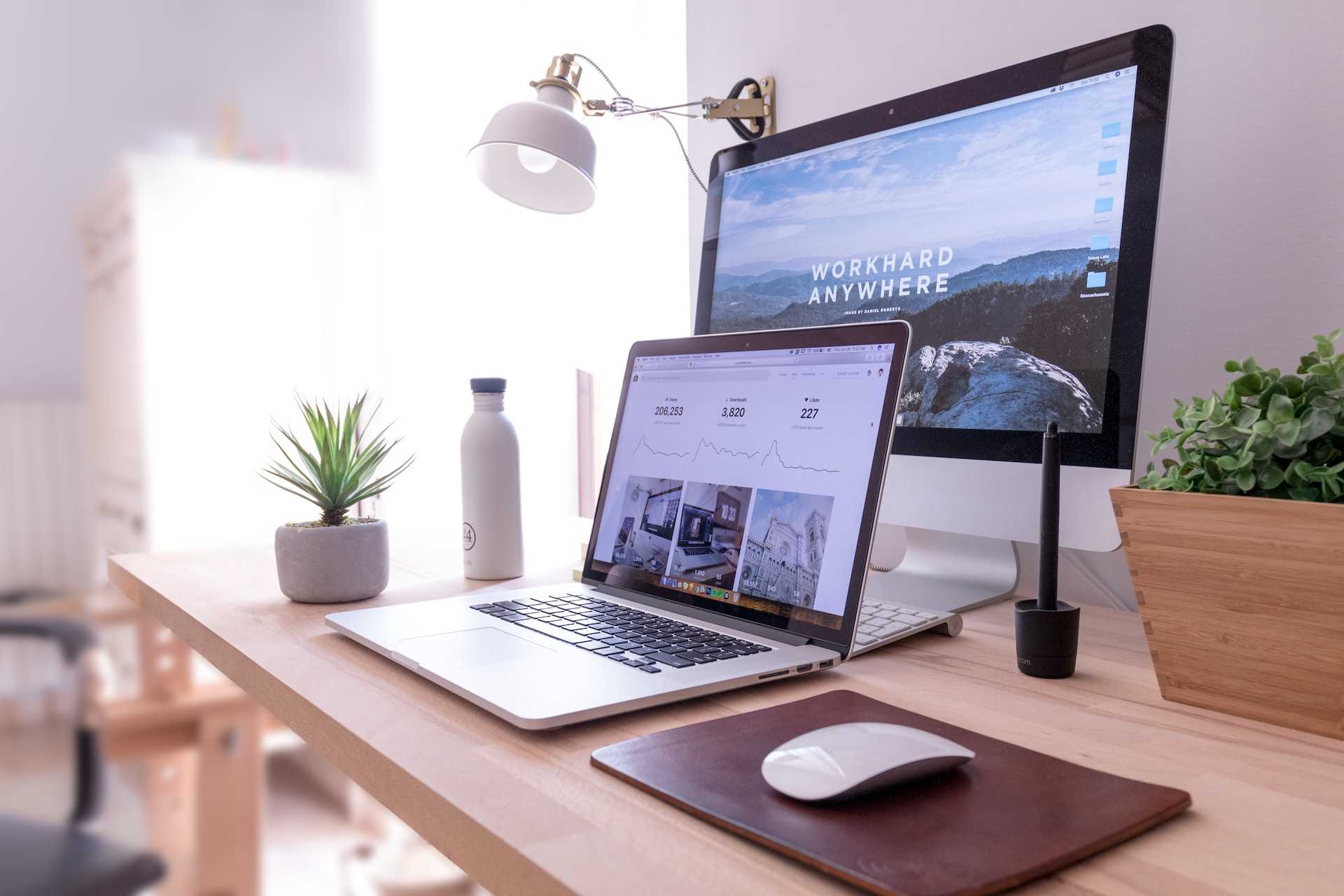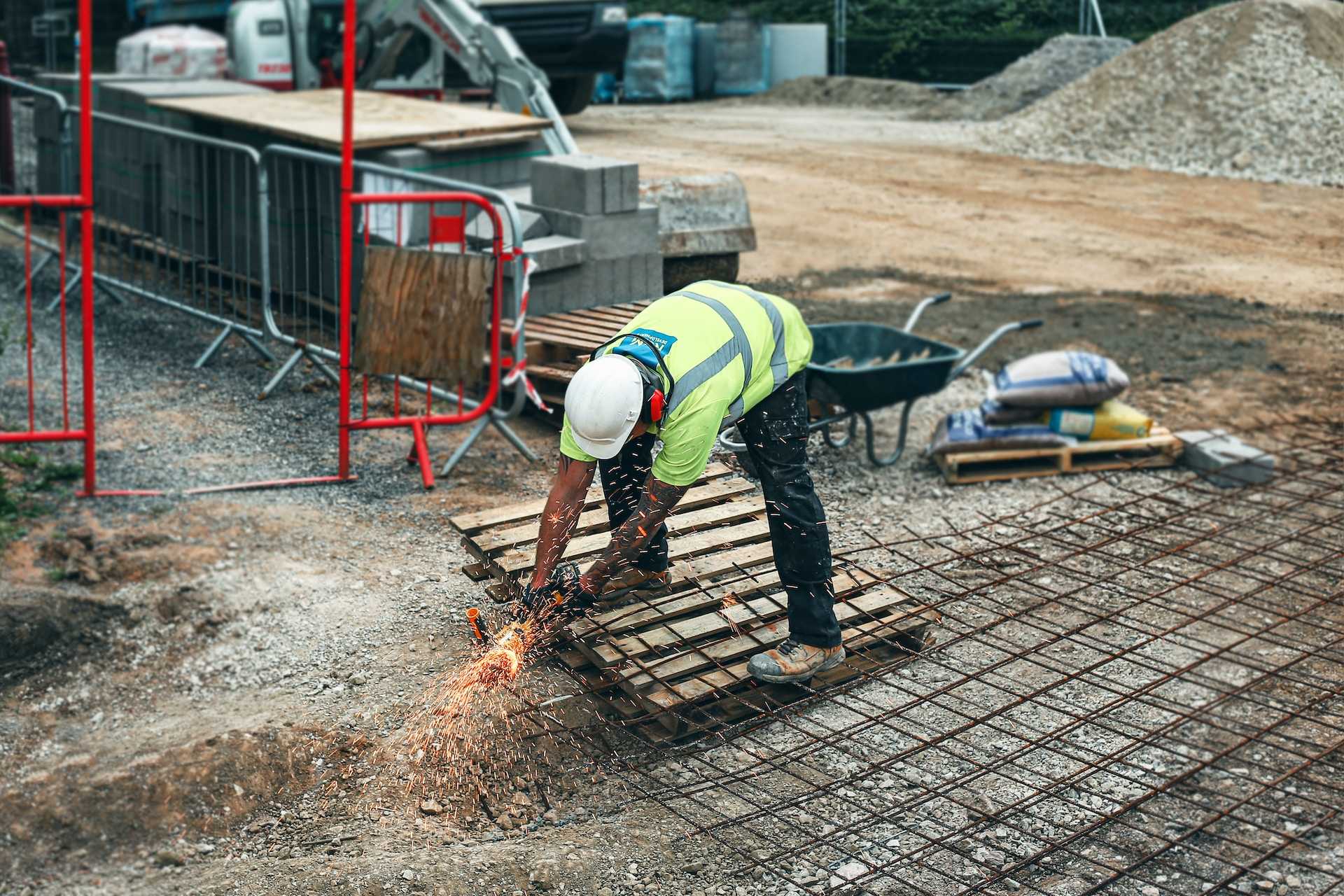We’ve all battled the ‘Sunday scaries’ and felt a creeping sense of dread returning to work after a relaxing break. But what do we do when the worries become more pervasive and shift into work-related anxiety?
From increasing workloads to poor working conditions, interpersonal conflicts to job insecurity, there are many causes of workplace stress – and a recent report by HSE found there are an estimated 914,000 cases of work-related stress, depression, or anxiety in the UK.
To mark Mental Health Awareness Week 2023 and its focus on the things we can do to ease anxieties, we’re exploring 7 practical ways you can manage work-related anxiety and prioritise your mental wellbeing from 9-5.
image credit: Dominico Loia
How to alleviate your workplace worries
& boost your mental health at work
1. Manage your workload & set healthy boundaries with your employer & colleagues.
HSE’s research also revealed that workload pressures are the most common cause of work-related stress, with tight deadlines, increasing responsibilities, and lack of managerial support cited as the main antagonists.
It’s, therefore, crucial to set boundaries with your employers so they can facilitate the best possible working environment and ensure that your workload is manageable. So, what do healthy professional boundaries look like?
- Saying no to taking on additional tasks when you don’t have enough time, training or resources to complete them.
- Answering professional correspondence within your working hours – not in the evenings or at weekends.
- Communicating with your colleagues about how you like to work, e.g. you might prefer emails over telephone calls. Check out our post on How To Look After Your Mental Wellbeing At Work for more tips on reimagining your work day.
Manage your workload and boost your productivity by setting realistic deadlines, prioritising tasks, and structuring your working day in a way that enhances your workplace wellbeing.
2. Establish a mindful routine to reduce work-related anxiety.
Many of us lead our professional lives on autopilot – staring at our screens from 9-5 and accomplishing tasks in a set way because it’s ‘how they’ve always been done’. These mindless routines, however, can often quietly exacerbate our stress levels.
Mindfulness encourages us to be present and view the world with more acceptance and curiosity, so we can avoid stressful situations where we might engage in self-criticism, ruminate on the past, or excessively worry about the future.
Focus on what you can control and add mindful rituals throughout the day. Take regular breaks, move your body, and use grounding techniques to restore energy, reinvigorate your motivation, and avoid toxic productivity.
3. Talk to your employers about your work-related stress & devise a Wellness Action Plan.
The most efficient way to nip your anxiety in the bud is to speak to your employers, relevant HR/union representative, or a trusted colleague about how you’re feeling. It may feel incredibly daunting, but regular check-ins with your team could be helpful, especially when establishing your additional support needs.
They may be able to make adjustments that help alleviate stress, whether that’s by easing your workload, offering flexible working hours, or providing further training. They might also be able to offer you in-house mental health services in the form of employee counselling.
We’ve created a free Wellness Action Plan for you to complete and share with senior leadership. The plan will help you define your needs and advocate for your mental wellbeing at work.
4. Create a comfortable, calming workspace & simplify your working environment.
Do what you can to create a quiet, comfy workspace that serves you and keeps you grounded. That might look like swapping your broken office chair for something ergonomic, adding greenery to your desk, or welcoming in nourishing natural light. Check out our blog post on 8 green initiatives to boost your workplace wellbeing for tips on simplifying your space.
The 5-senses grounding technique is an excellent way to reduce anxiety, so why not create a sensory set-up at work that makes you feel more at ease?! You could add a few home comforts and sentimental items, like photographs and soft furnishings, to make it feel less clinical and unfamiliar.
Our working environment is also impacted by the people around us. The Workplace Health report found that 1 in 3 people cited relationships as an external stressor. You aren’t being paid to listen to your deskmate’s lengthy lectures, navigate complex office politics, or endure the mindless gossip of your colleagues, so don’t feel obliged to participate in conversations that drain your energy or dampen your spirit.
image credit: Emma Houghton
5. Ask for support & work on growing your professional self-confidence.
We’ve all had times when we’ve been too shy to ask for help, and it never ends well! It inevitably leads to wasted hours and endless fears that we’re ‘not good enough’ at our job when all we need to do is reach out and ask for help.
Make sure you receive enough information, support and resources to carry out your job in the best way possible and clarify employer expectations before you throw yourself into meaty tasks.
If you’ve found yourself trapped in a cycle of self-criticism and aren’t feeling 100% about your role and responsibilities, ask your employer for gentle, constructive feedback to ease your concerns.
6. Enjoy a rich, fulfilling personal life & build a healthy work-life balance.
In a recent survey on financial stress by the Mental Health Foundation, six in ten adults said their anxiety had stopped them from doing things they wanted to do at least some of the time.
In this digital age, we need to make a concerted effort to remember that we don’t have to be switched on 24/7. Embrace a healthier work-life balance by tidying away your work phone, turning off your notifications, and leaving your professional ponderings in the office.
Make the most of your time outside work by filling your cup with activities, experiences and self-care rituals that make you feel good!
- Nourish your body with delicious food, good sleep hygiene, and daily exercise.
- Expand your mind with rich conversations, walks in nature, and mindful media.
- Fill your heart with quality time spent with loved ones, long afternoons dedicated to your hobbies, and performing good deeds for others.
7. Ask yourself big questions & unearth the root cause of your anxiety.
For some of us, it’s gonna take more than mindful meditation and conversations with colleagues to help us feel happy and fulfilled at work. If you’re feeling unaligned and nothing seems to alleviate your stress, it’s time to look at the bigger picture.
What could your anxiety be telling you? Could it be time to search for a new job and head for pastures new? It’s okay to outgrow your current position and move on if that’s what you both want and need from this season of your life.
If this resonates with you, use your feelings and experiences to contemplate the workplace culture, lifestyle, and career path that might be a better fit.

image credit: Zoe Shaeffer
_______________
There are plenty of stress-busting ways to manage your work-related anxiety and boost your workplace wellness – all it takes is one small action, one slight adjustment, or one short conversation to get the ball rolling.
This Mental Health Awareness Week, we’re all being asked to reflect on what we can do #ToHelpMyAnxiety – and we hope we’ve furnished you with the confidence to radically improve your mental health at work.
_______________
Here at New Leaf, we are passionate about empowering mindful and compassionate communication. Delve into the archives and read some of our mental health blog posts to support your workplace wellbeing:
- Mental Health Support for Business Owners: How To Survive Tough Times
- How To Look After Your Mental Wellbeing At Work
- How To Talk To A Colleague About Mental Health
- 8 Green Initiatives To Boost Workplace Wellbeing
Enjoyed this post and learned something new? Share it via social media!
Are you keen to discover how New Leaf Workplace Wellbeing can help you act upon your corporate social responsibility and support your employees? Email Becky at [email protected] for more information.
This post was written in collaboration with Bee Higgins, the copywriter and content writer behind Vivatramp Creatives.







